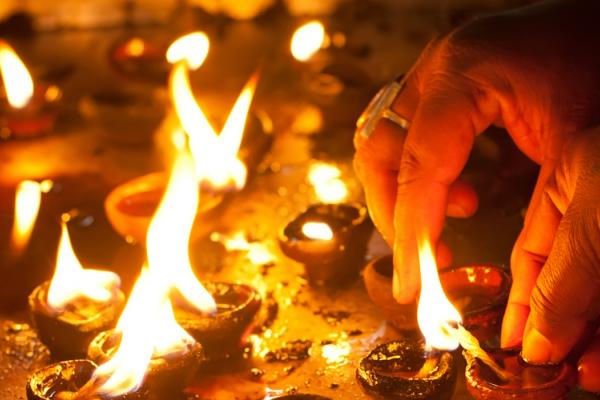In Indian American communities, we usually believe that being a certain kind of immigrant can save us. If we dress properly, no one can call us foreign. If we’re documented, no one can question our legal status. If we are highly educated, no one can accuse us of being lazy immigrants. If we (especially women) don’t go to bars, no one can accuse us of bad behavior.
We’ve convinced ourselves that if we melt into what we call American culture — into white culture — we can get by without getting killed.
The two men targeted by a racist and violent white terrorist were the quintessential “good immigrants.” But their stories of success — working at Garmin, receiving Masters degrees from the U.S. — did not protect them from hate. Economic status or education do not matter in the face of an extremist who equates skin color with terrorism.
Read the Full Article

